Canada can be an agriculture powerhouse if we meet the moment
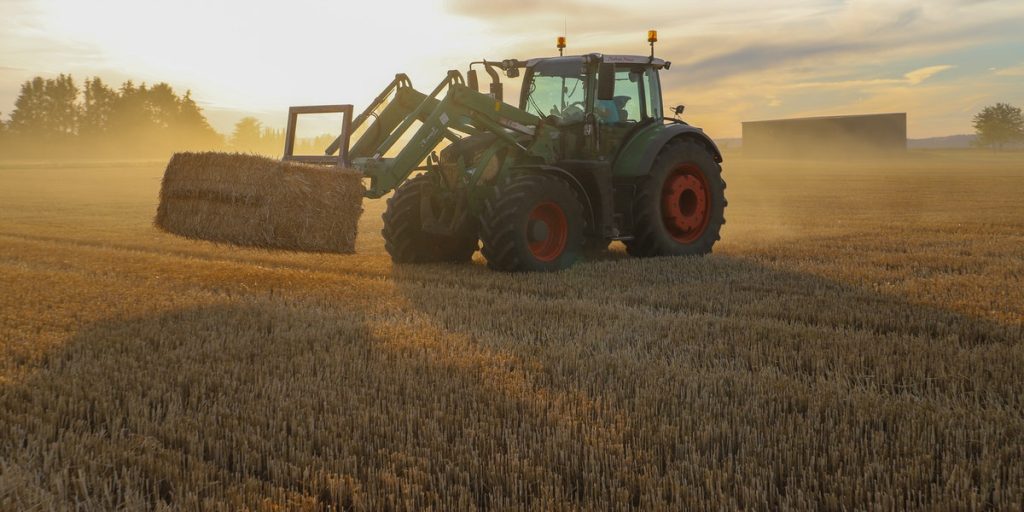
While the country invests significantly in innovation, it lags in translating those inputs into tangible, high-quality outputs.
Supply management consensus emerges but Grits, Tories accuse each other of past capitulation
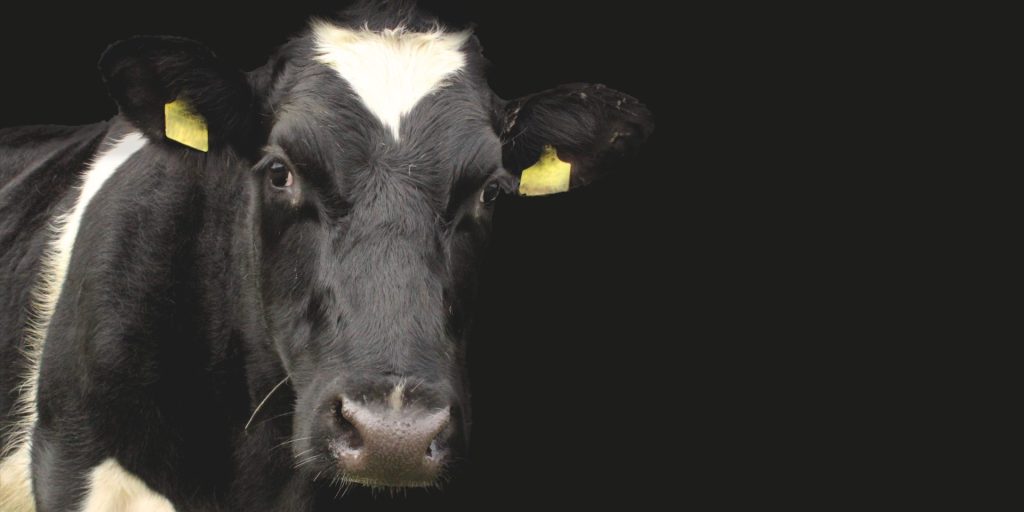
Supply management has become a proxy for Canadian nationalism, which means politicians will want to own it during the campaign, say observers.
No more scraps: making the election about ending hunger in Canada
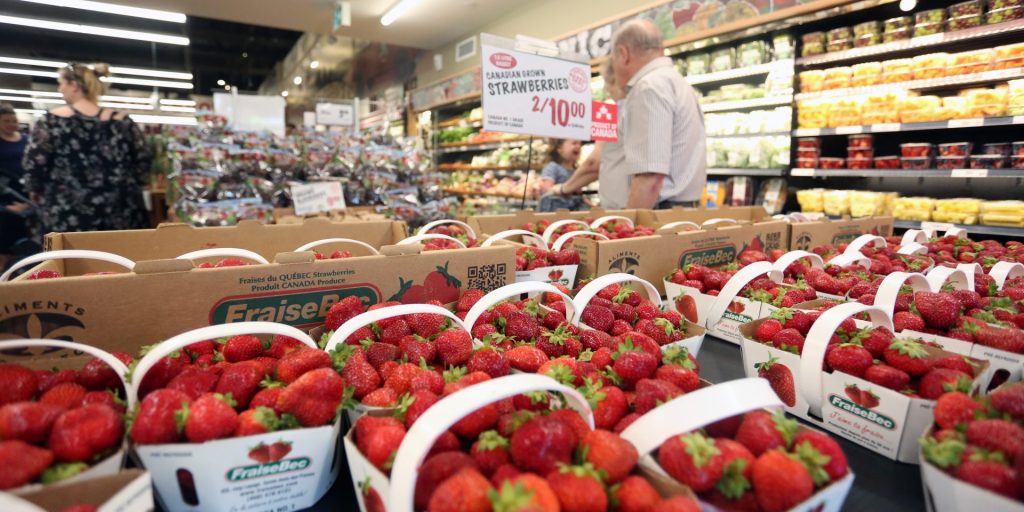
We need concrete commitments from every party to tackle food insecurity head-on, such as strengthening income security programs like the Canada Child Benefit and the newly-created Canada Disability Benefit.
Is Canada keeping pace with agricultural innovation?
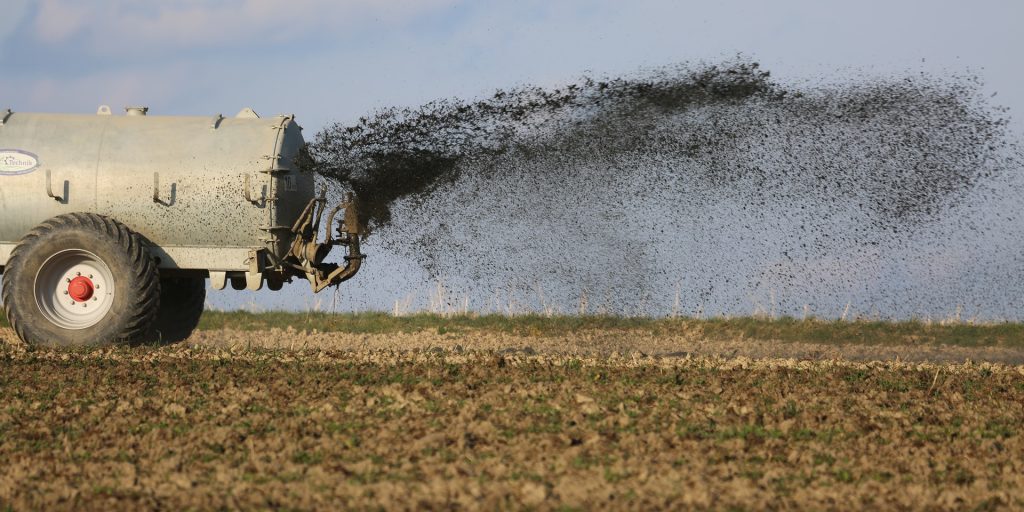
Climate change, labour shortages, and an ever-increasing global demand for food require creative solutions that transcend traditional farming methods.
Canada-U.S. farm ties in jeopardy
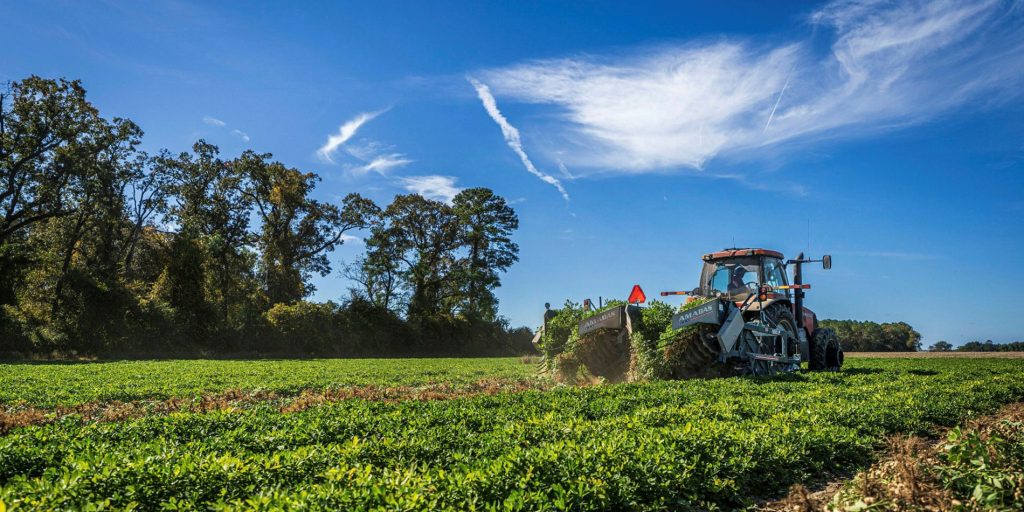
It’s easy to overlook the human side of trade disputes when headlines focus on billion-dollar trade imbalances. Farmers on both sides need a more collaborative path.
Digesting the need to eliminate internal trade barriers on food

At a time of geopolitical uncertainty, addressing internal trade barriers to food is no longer an option; it is a necessity.
Agriculture Policy Briefing
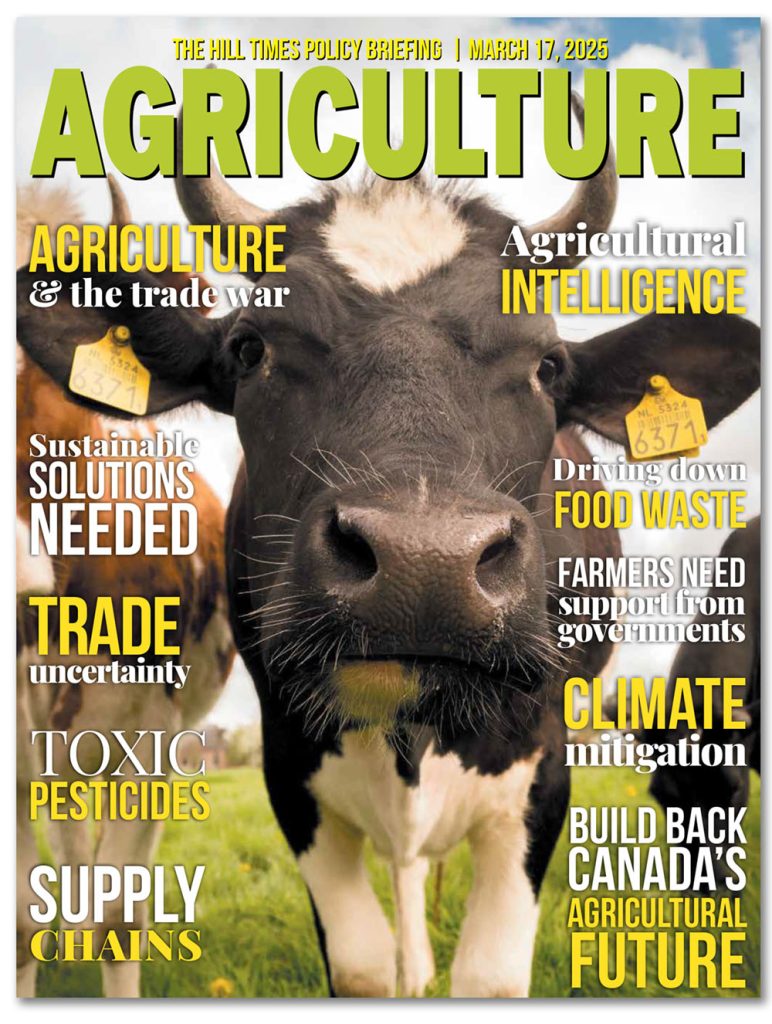
Driving down avoidable food waste in Canada

Tackling food waste is not easy, but, like climate action, it is important. Reducing food waste could help meet the needs of the millions of Canadians who don’t have secure access to enough food to eat.
Fortifying Canada’s agricultural supply chains: a path forward

The agriculture sector has always adapted to challenges, but today’s complex, interconnected problems require collaborative solutions across government, industry, and research institutions.
Evolution of Canadian agriculture and need for sustainable solutions
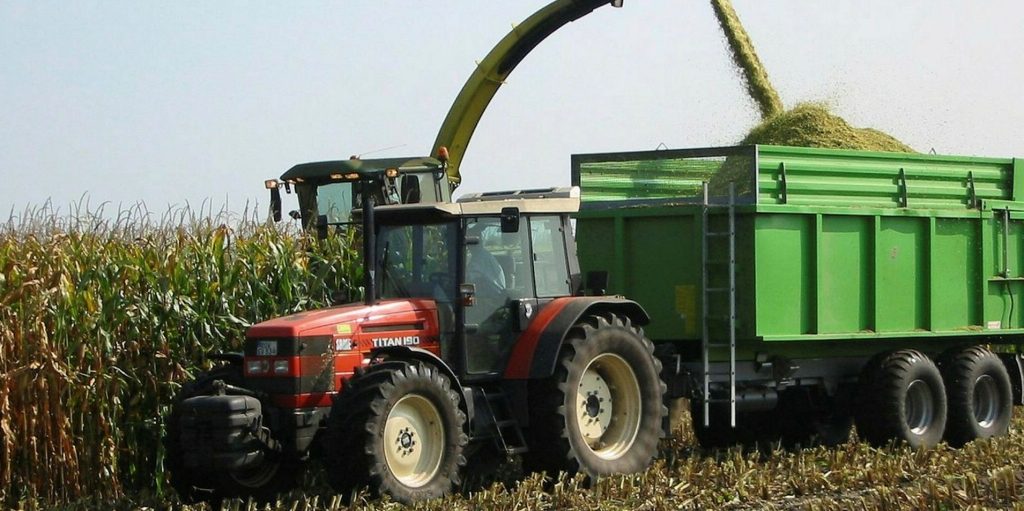
With the right investments in research, innovation, and farmer education, Canada can lead the global transition toward a more sustainable and resilient agricultural future.

